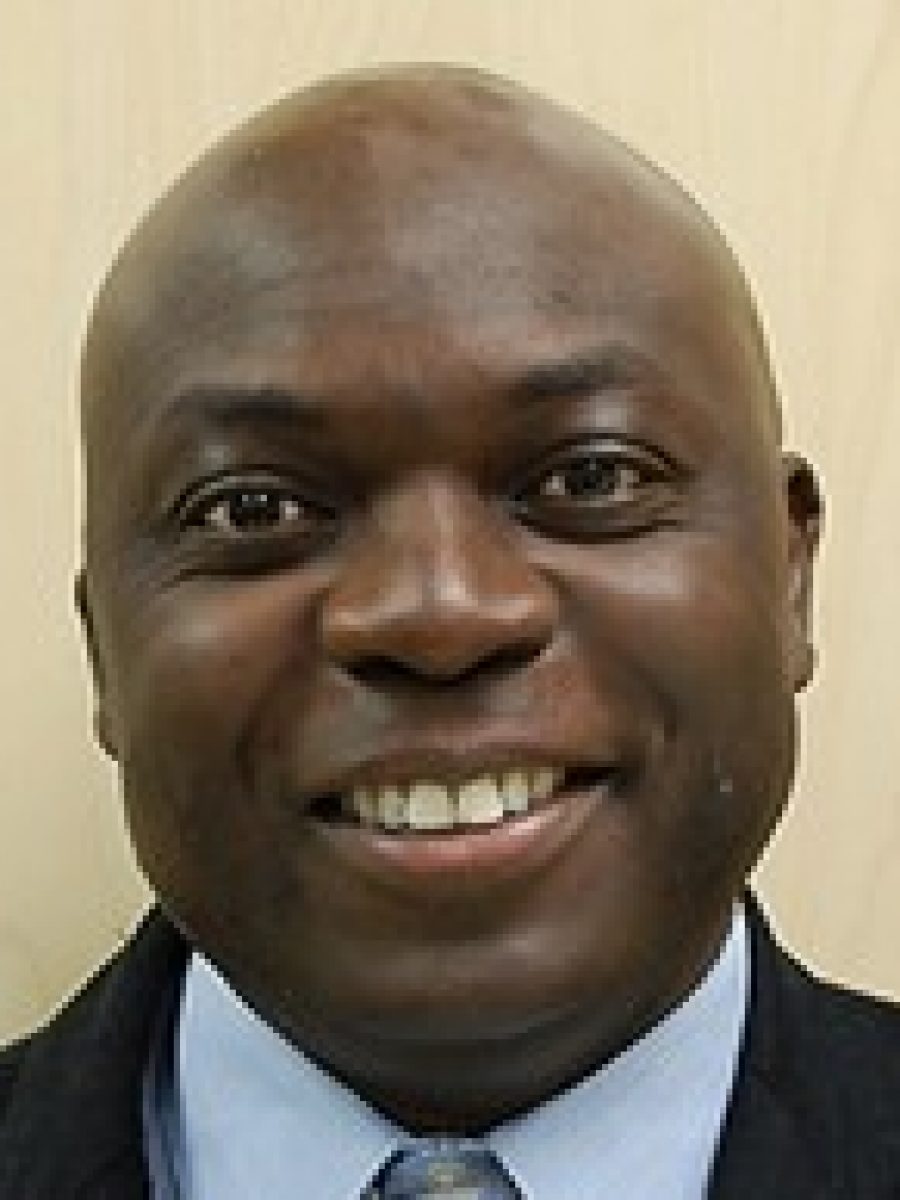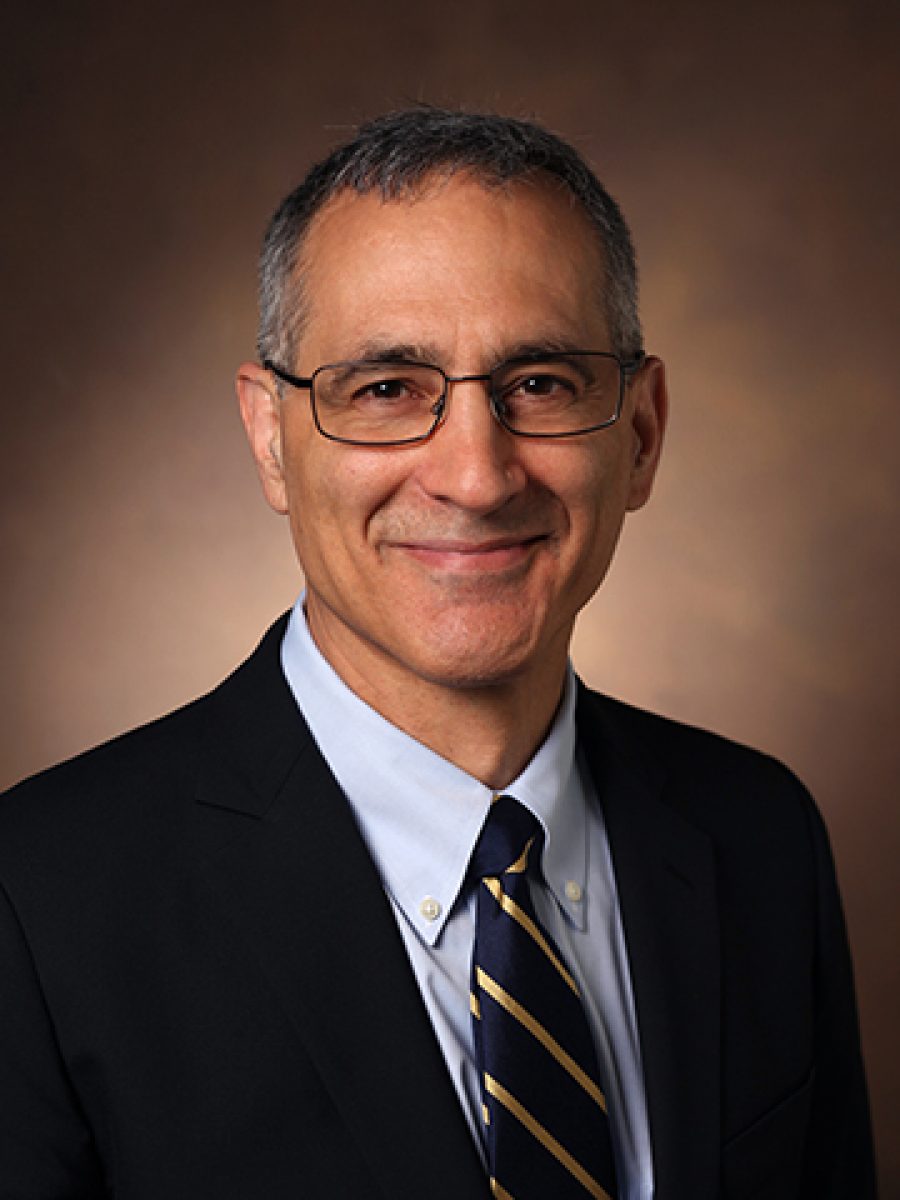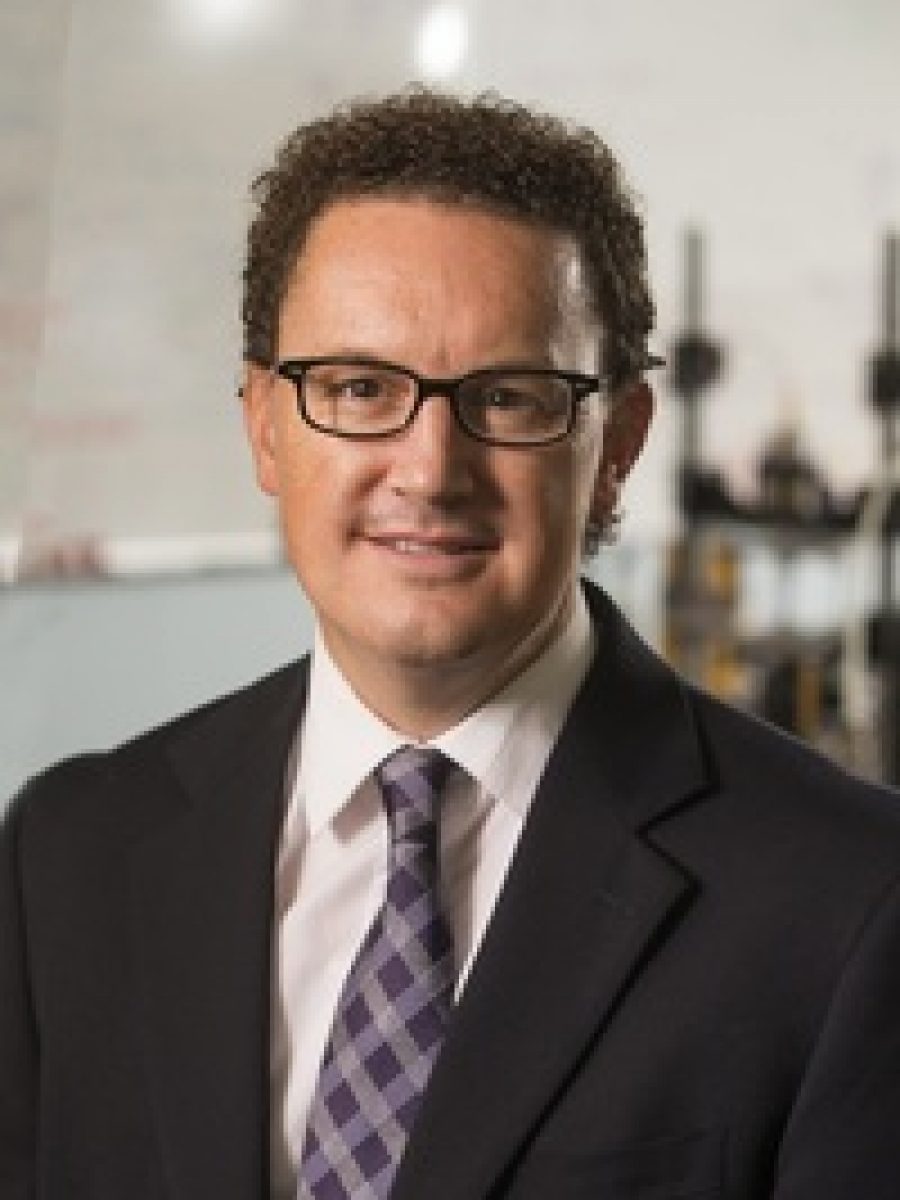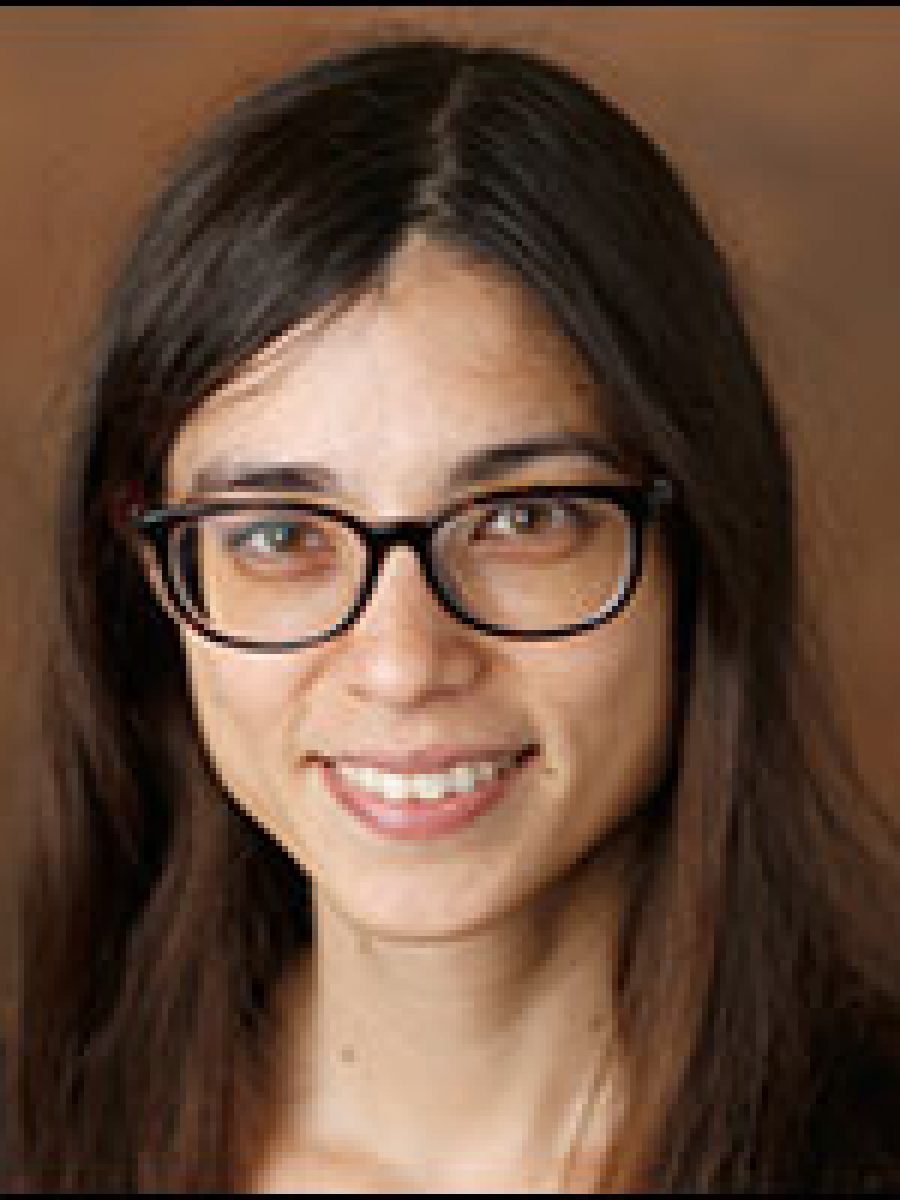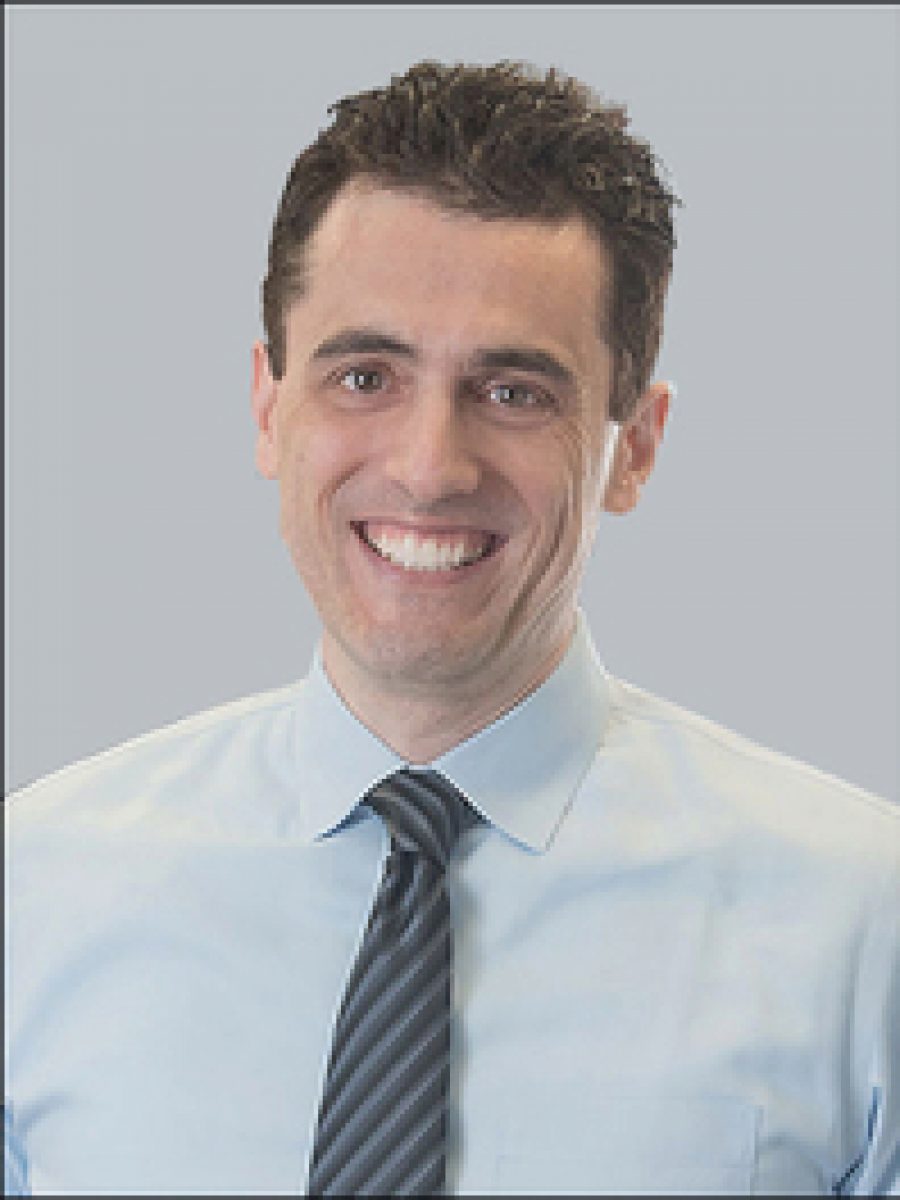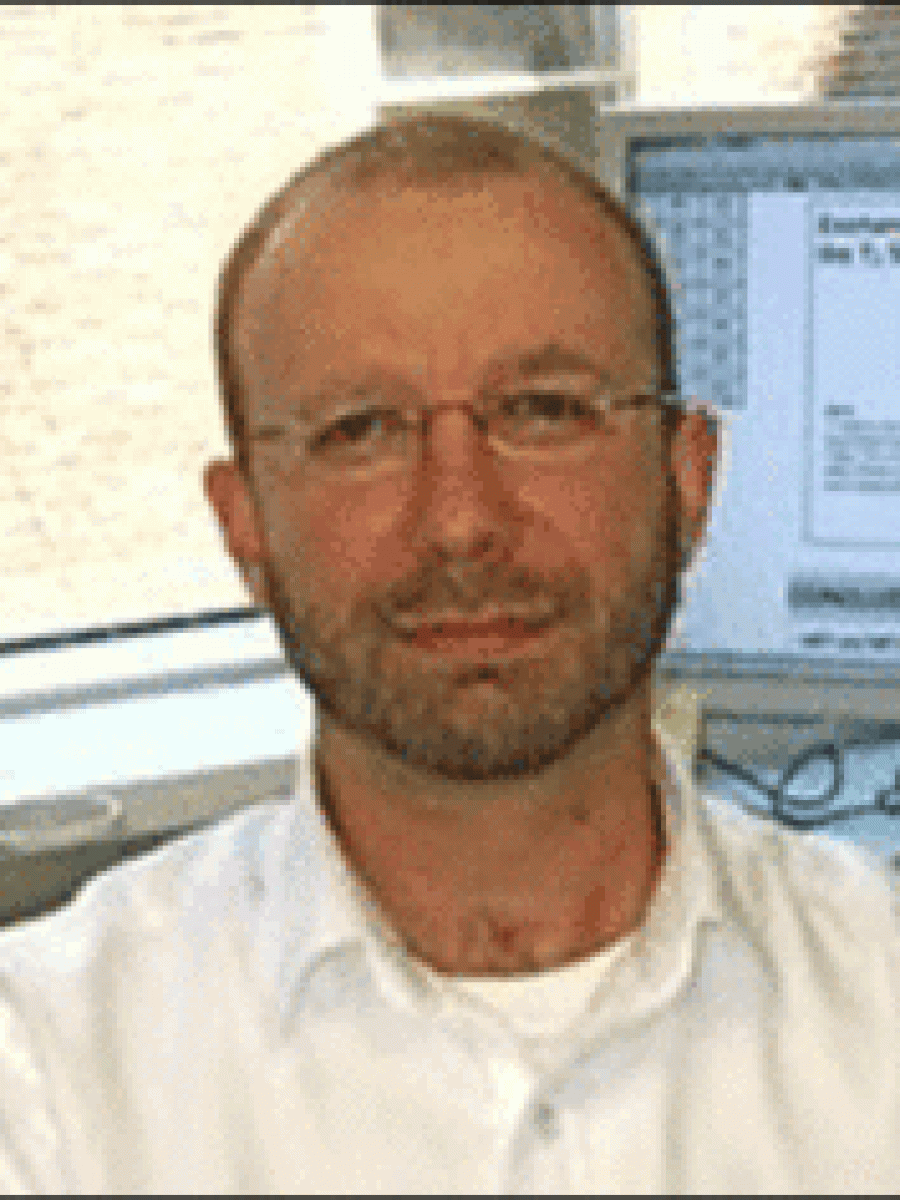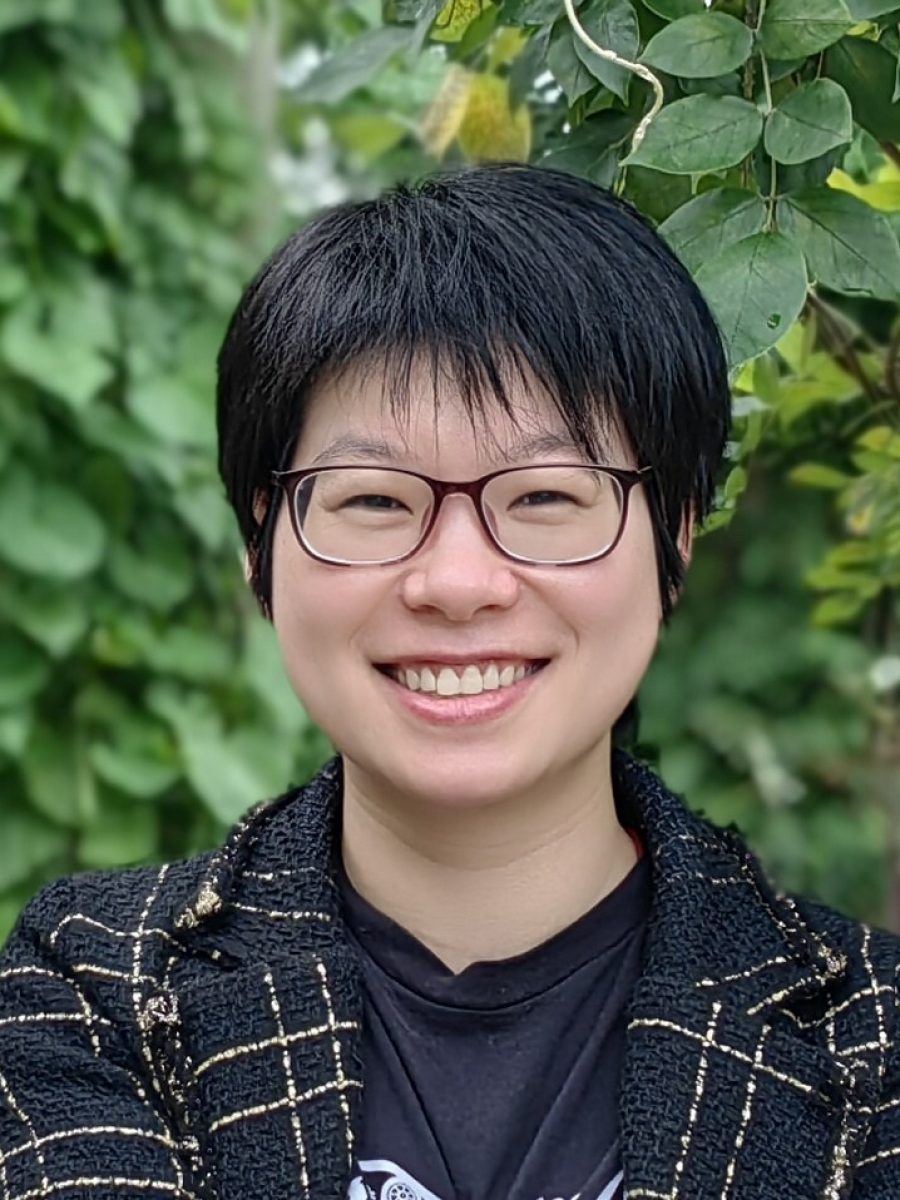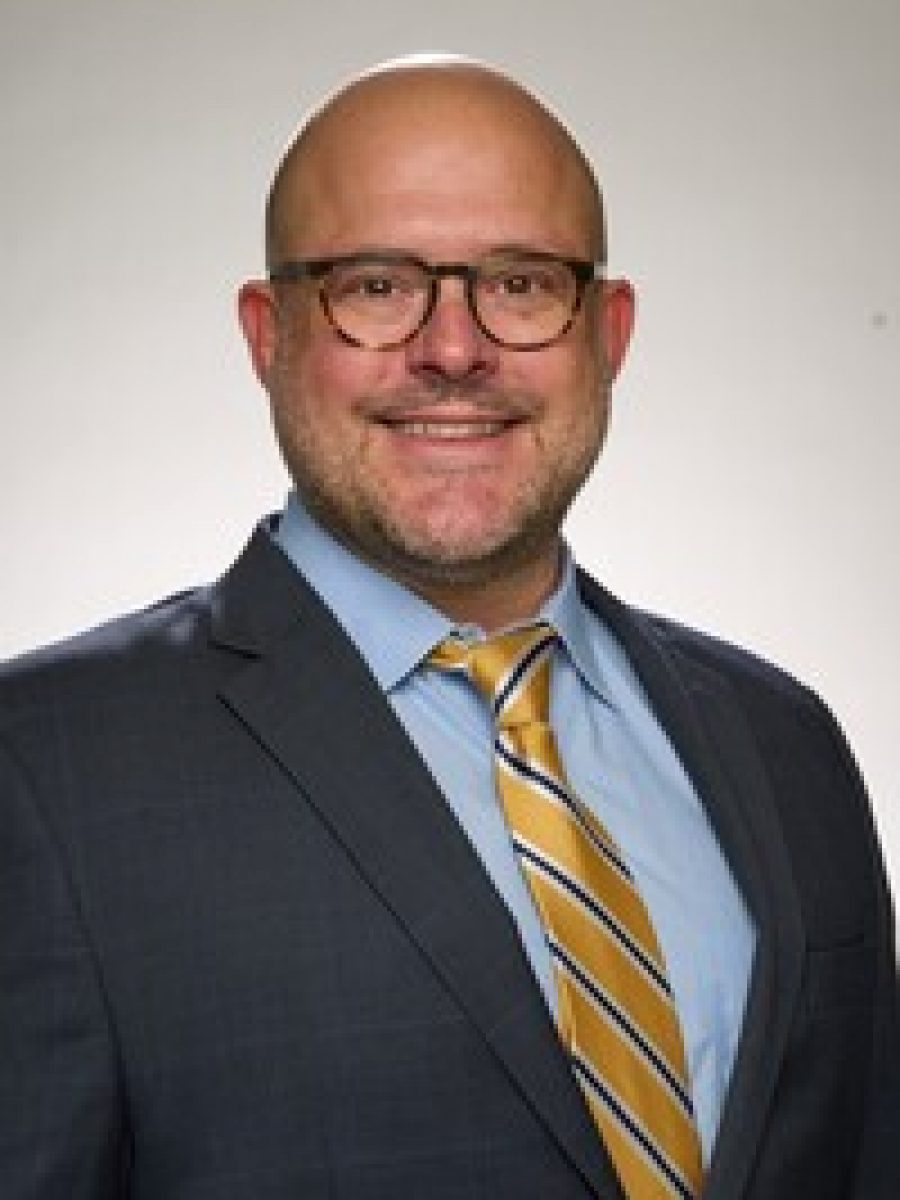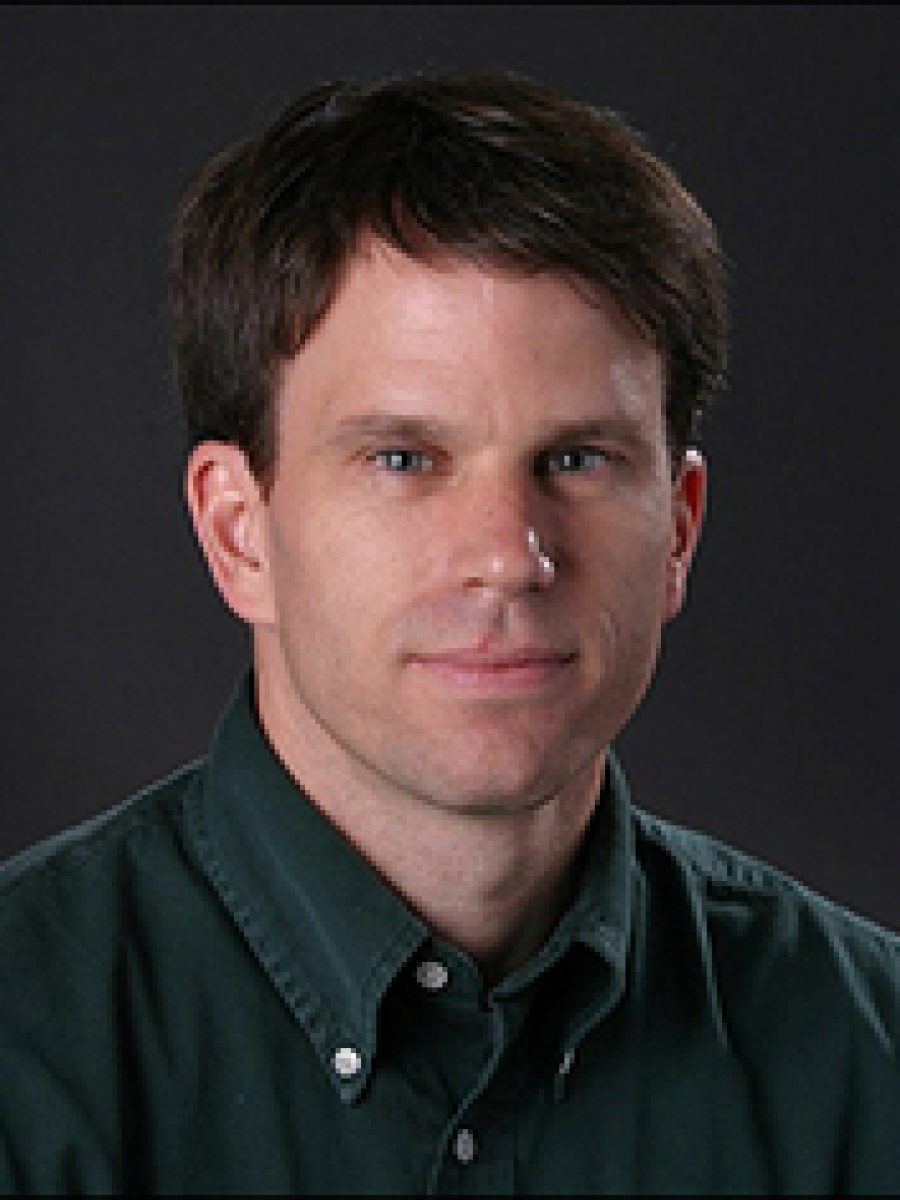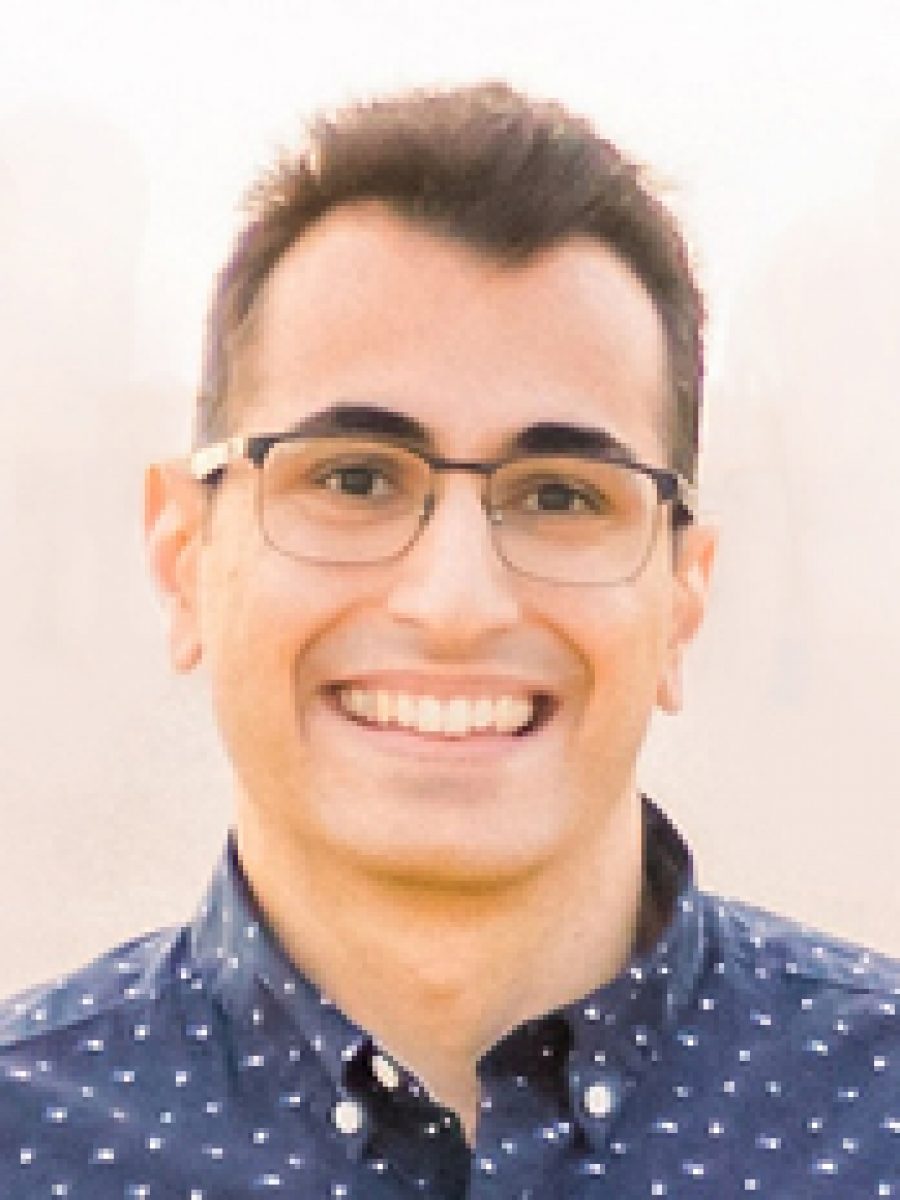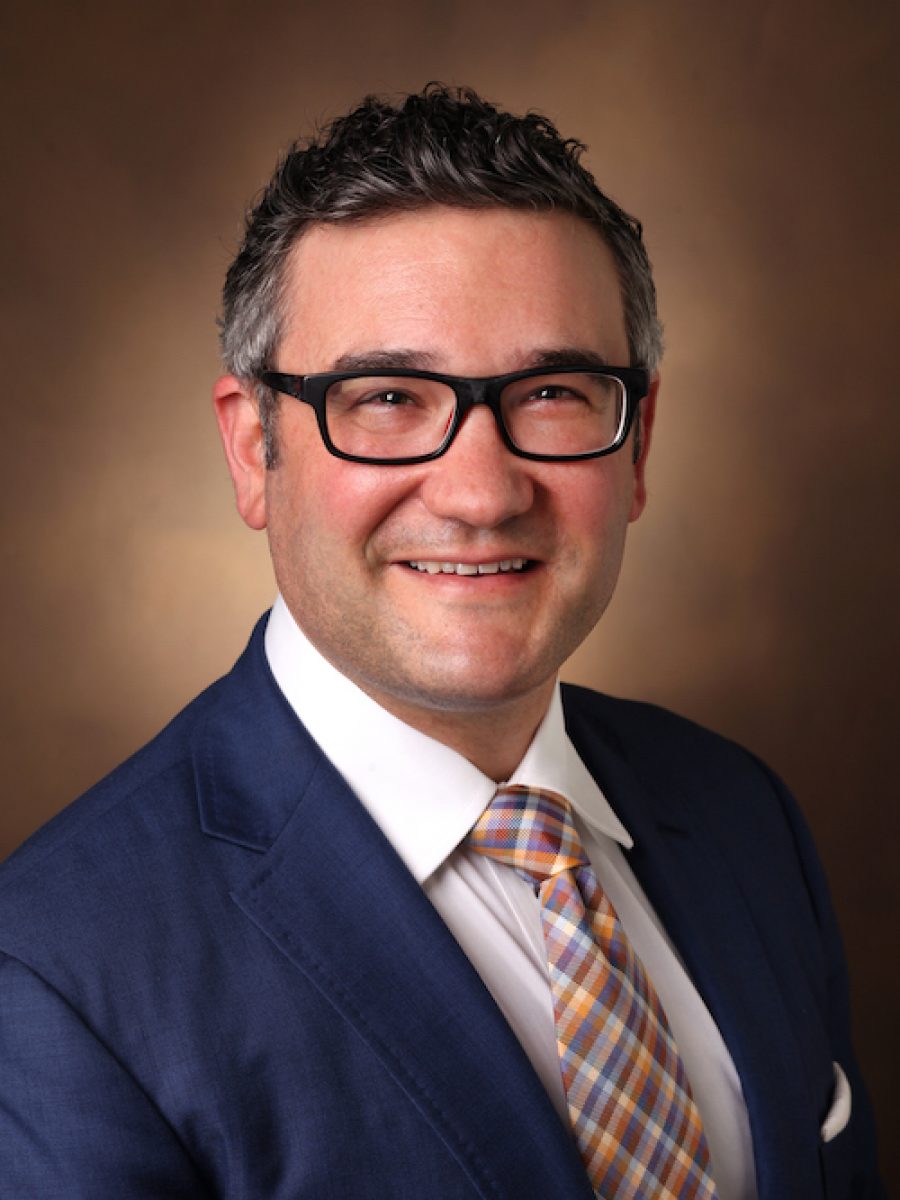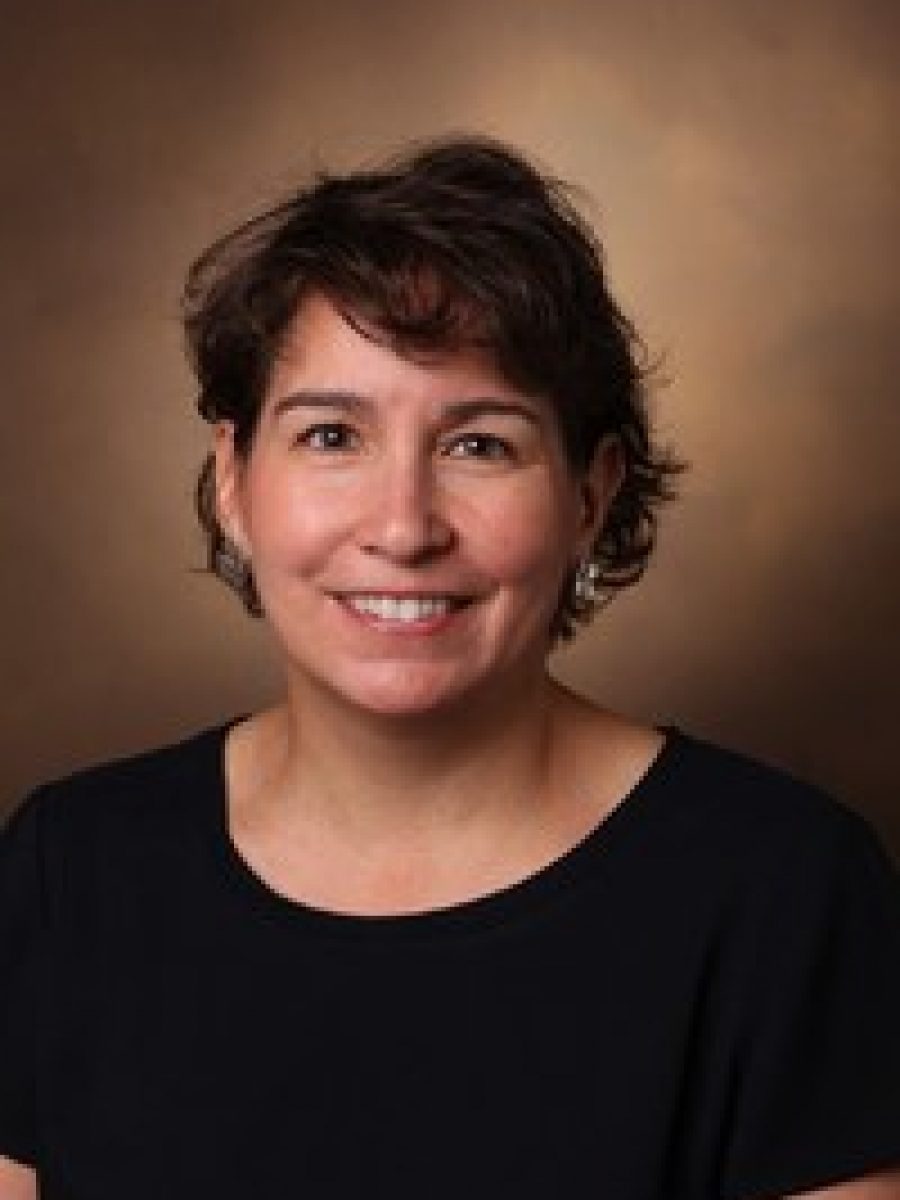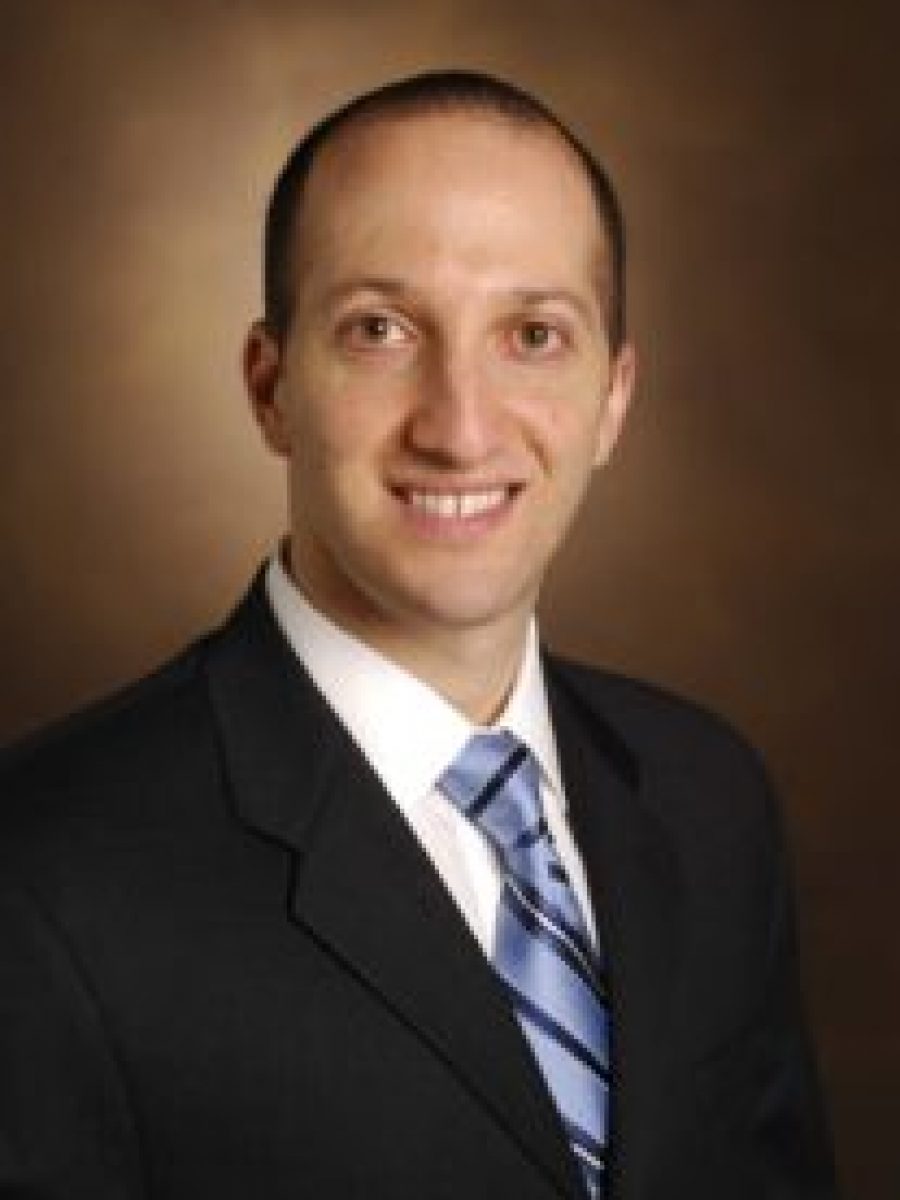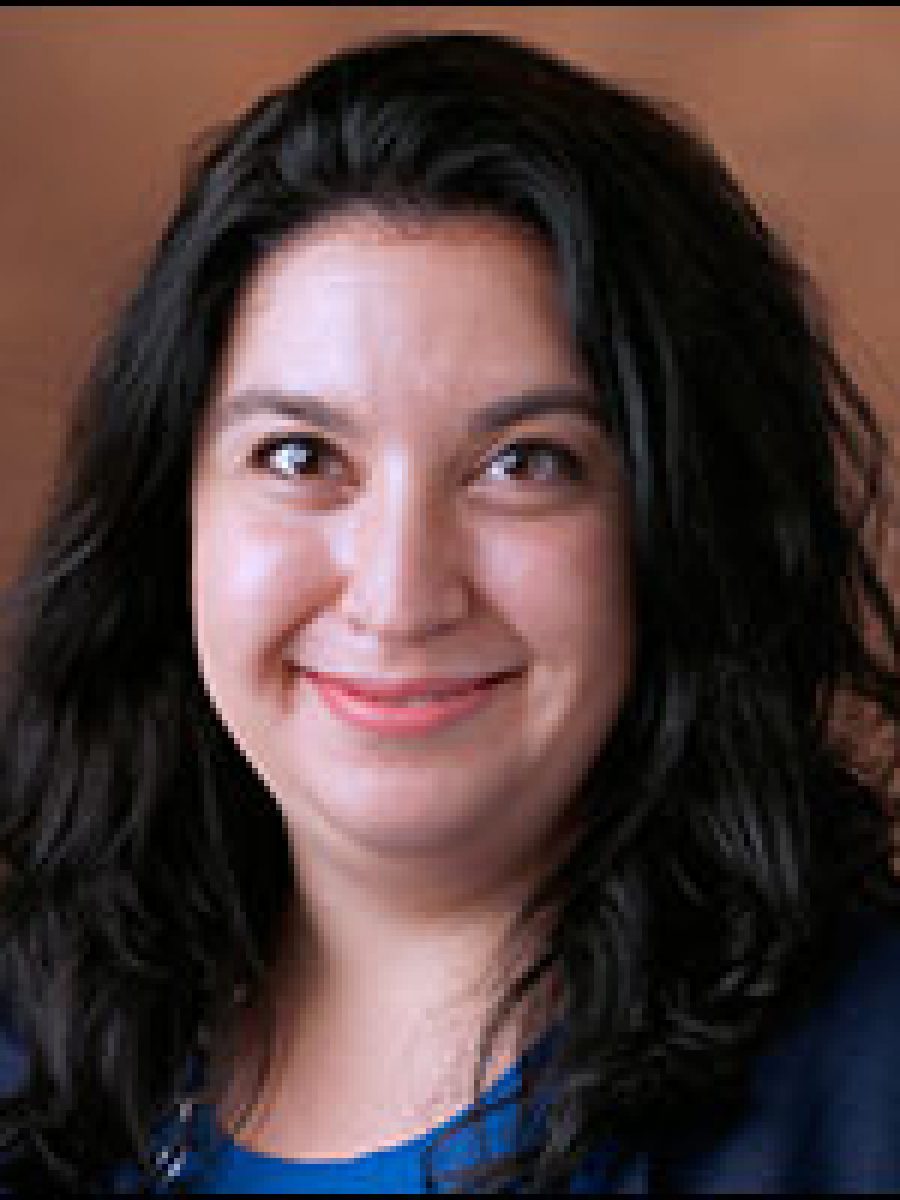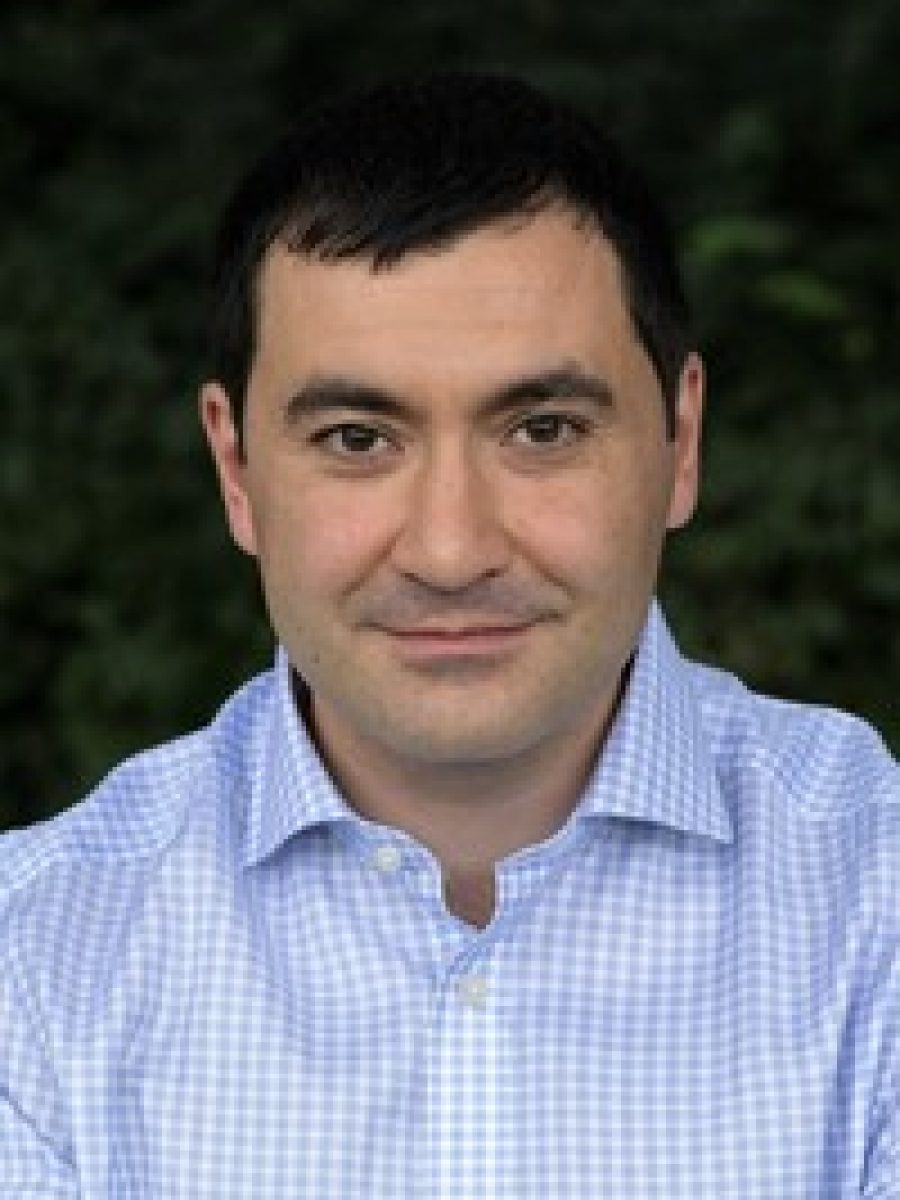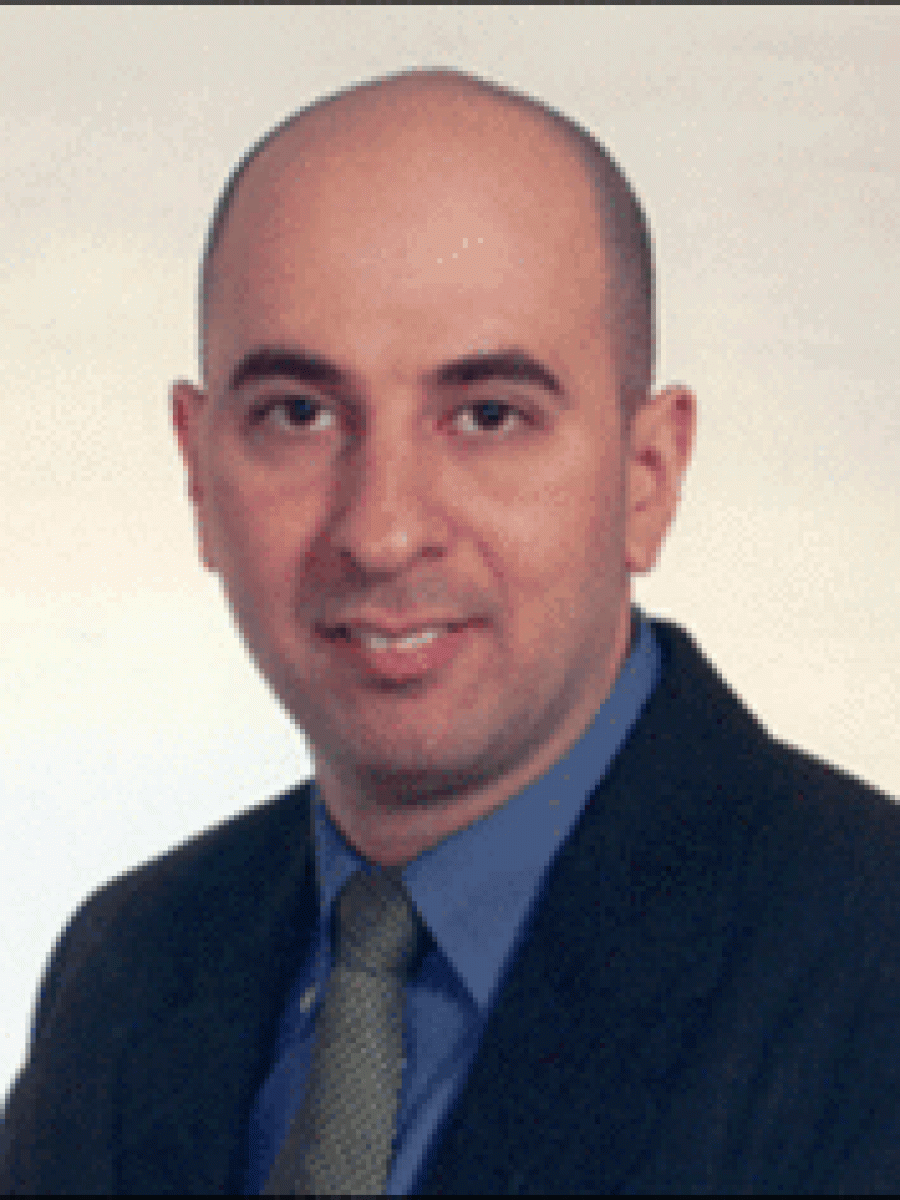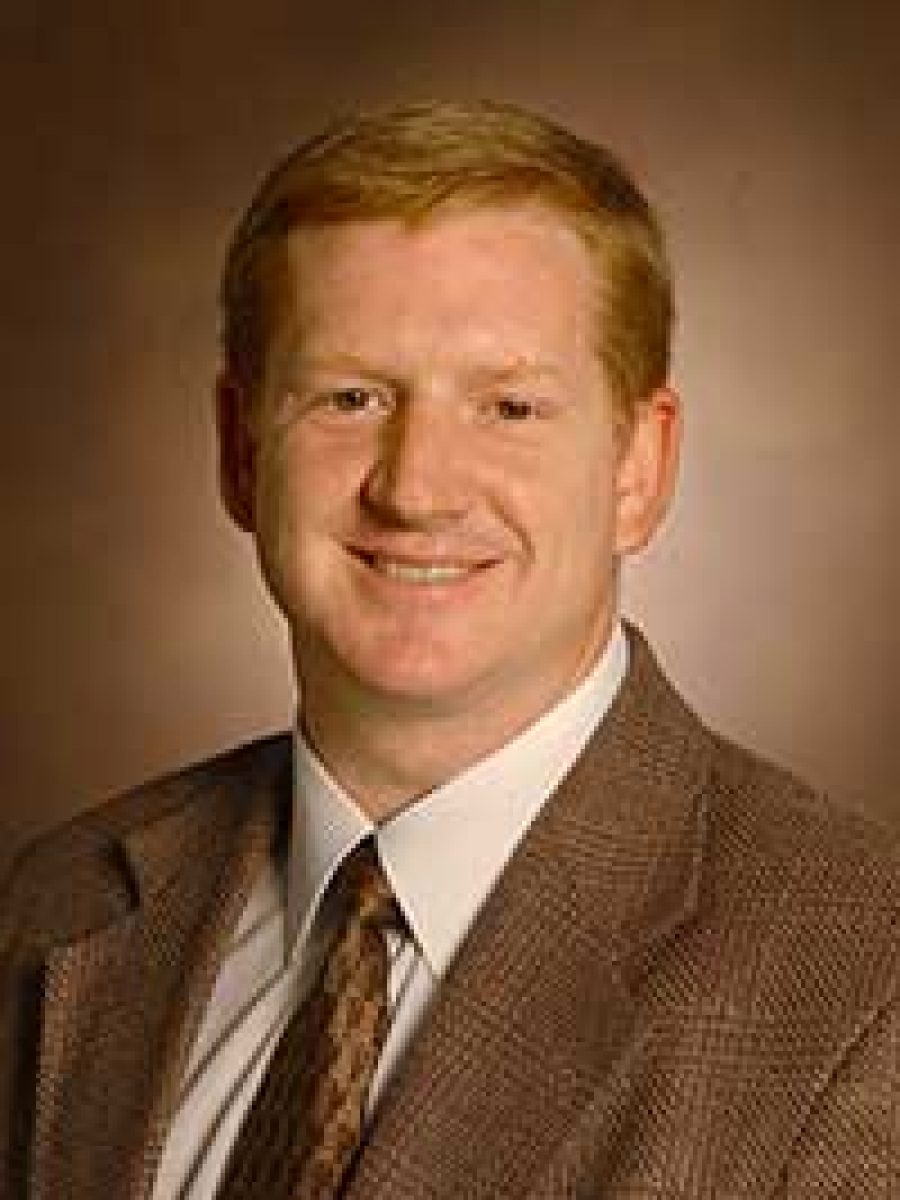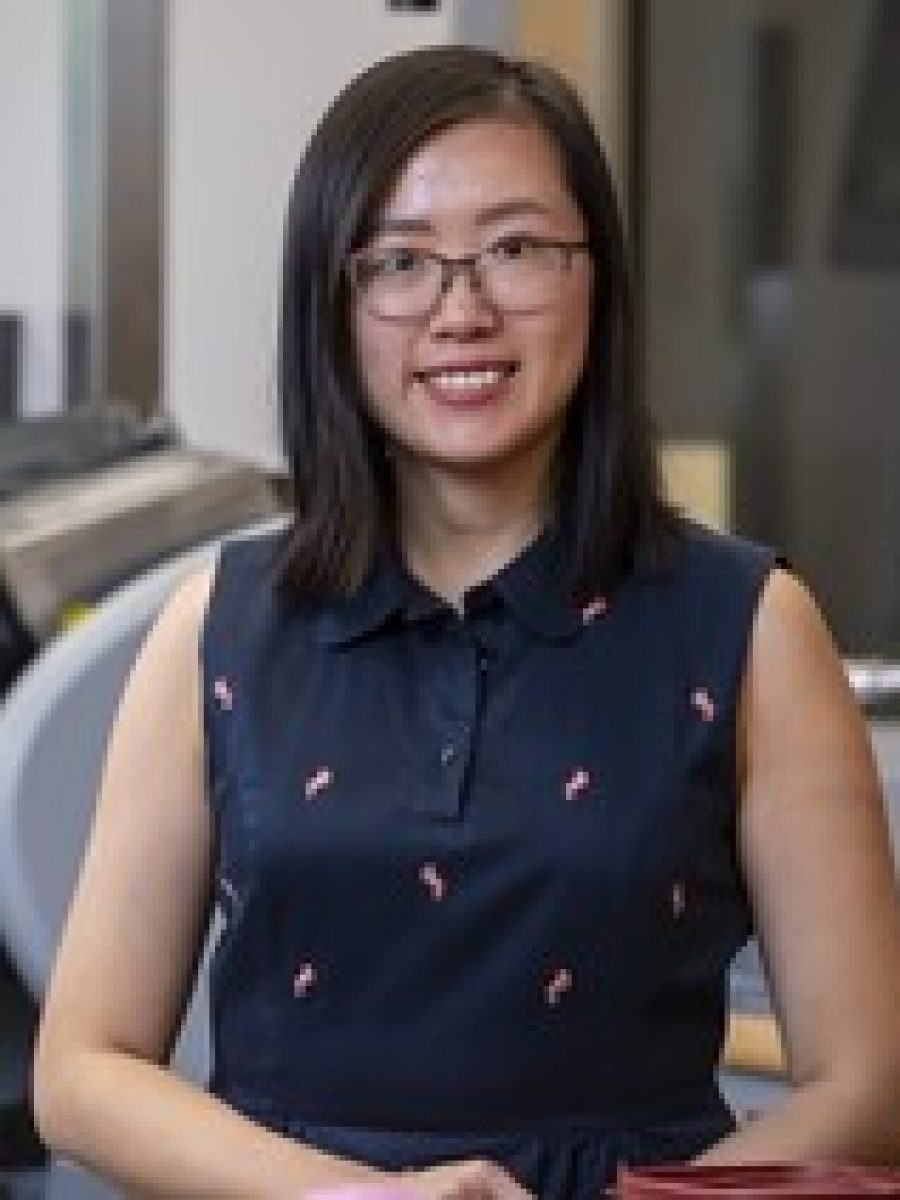
At the Intersection of Healthcare and Engineering
Over the past several decades, dramatic breakthroughs in biomedical science have been witnessed within laboratory research, but the ability to translate those discoveries and make new discoveries has been a challenge and has been often characterized as the bottleneck of clinical translation.
At Vanderbilt University, we believe that the fundamental constraints associated with clinical translation can be dramatically improved with the training of engineers intimately familiar with medical procedures and trained in the inception of novel technology-based platforms.
Vanderbilt University offers a new graduate engineering program that will equip engineers to improve translation of technology for surgery and intervention
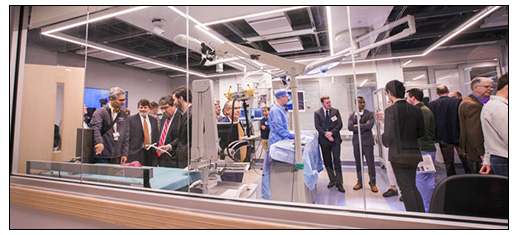
In response to this need, Vanderbilt University School of Engineering, in partnership with the Vanderbilt Institute for Surgery and Engineering (VISE), has launched a master of engineering in surgery and intervention — a niche, rigorous engineering graduate program that will prepare the next generation of engineers to address challenges and envision solutions at the interface of engineering and medicine. The master of engineering program also serves current MD trainees and graduates seeking to build skills as physician inventors.
The degree is a 30-credit hour program designed to enhance training in the domains of engineering for surgery and intervention with extensive exposure to clinical domains. ESI core skill sets available for training are:
- interventional imaging, therapeutics, and delivery,
- modeling, simulation, artificial intelligence, image analysis, and data science,
- robotics and medical devices.
To learn more about our master of engineering in surgery and intervention, connect with our team today!
Why Vanderbilt?
- Decades of investment in engineering, surgery, and intervention research with world-class faculty
- An intensive and supportive immersion experience with ~20 clinical specialties
- An unparalleled integration of engineering (VUSE/VISE) and clinical (VUMC) resources
- Extensive experience in commercial realizations among cadre
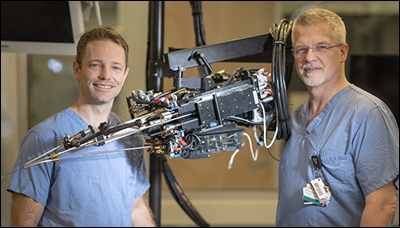 Vanderbilt University’s strong history of and commitment to interdisciplinary work and the close proximity of its Medical and Engineering Schools makes it the ideal institution for advancing the state of the art in this field. In conjunction with VISE, the School of Engineering provides a transformative infrastructure that facilitates this interdisciplinary work and creates an environment in which traditional boundaries are eliminated. In fact, Vanderbilt University is one of the only universities to offer such a ground-breaking program.
Vanderbilt University’s strong history of and commitment to interdisciplinary work and the close proximity of its Medical and Engineering Schools makes it the ideal institution for advancing the state of the art in this field. In conjunction with VISE, the School of Engineering provides a transformative infrastructure that facilitates this interdisciplinary work and creates an environment in which traditional boundaries are eliminated. In fact, Vanderbilt University is one of the only universities to offer such a ground-breaking program.
This type of program is highly needed within the industry and Vanderbilt University is uniquely qualified to offer it
The current and emeritus members of VISE have been performing trans-institutional work for almost four decades within the domains of surgery, intervention and engineering. This relationship is unique to Vanderbilt and has been maintained by the passion of the members devoted to this domain.
Over these four decades, this cadre has had the singular vision to see Vanderbilt as world leaders in this unique field. The VISE faculty firmly believe that what we have accomplished thus far is only a fraction of what is possible provided that institutional support and future investment be equally passionate. In short, the focus of VISE and this master of engineering in surgery and intervention is exactly on this type of technology platform development for both treatment and discovery.
Qualifications
We understand that navigating the graduate school admissions process can seem challenging. In an effort to simplify the process for you, we’ve outlined some of the requirements below.
Applications must be submitted online, but to help you understand the admissions criteria, here are some of the basic requirements:
- Online application
- Academic performance in previous degree program(s)
- Resume or CV
- Three letters of recommendation
- A statement of purpose
- TOEFL score (if applicable)
An admissions committee with representative faculty from the involved departments will evaluate all applications. Admission will be competitive and students will be selected on the basis of their scholastic preparation and intellectual capacity.
ESI Program Curriculum
Students who pursue this degree commonly hold a bachelor’s degree in a conventional engineering discipline (e.g., mechanical, electrical, or biomedical engineering) or computer science. However, the program is also adaptable to other STEM areas as well (e.g., neuroscience, physics, mathematics, etc.). If you have questions, be sure to send inquiries to vuse.esi@vanderbilt.edu.
With regard to program structure, the master of engineering in surgery and intervention has three tracks: the innovator track, the inventor track, and the visionary track. Each track is 30 credit hours and consists of core course work and electives — learn more about these three tracks below:
Engineering in Surgery and Intervention Faculty
-
Justin Baba
Adjoint Associate Professor of Biomedical Engineering
-
Matthew Bacchetta
Associate Chair and Professor, Department of Thoracic Surgery
-
Eric Barth
Associate Professor of Mechanical Engineering
-
Franz Baudenbacher
Associate Professor of Biomedical Engineering, Associate Professor of Physics
-
Audrey Bowden
Associate Professor of Biomedical Engineering, Associate Professor of Electrical Engineering, Dorothy J. Wingfield Phillips Chancellor's Faculty Fellow
-
Brett Clay Byram
Associate Professor of Biomedical Engineering
-
Catie Chang
Assistant Professor of Computer Science, Electrical Engineering, Computer Engineering, Assistant Professor of Biomedical Engineering
-
Christos Constantinidis
Professor of Biomedical Engineering, Professor of Neuroscience, Professor of Ophthalmology & Visual Sciences
-
Benoit Dawant
Professor of Electrical Engineering, Cornelius Vanderbilt Professor of Engineering, Professor of Biomedical Engineering, Professor of Radiology and Radiological Sciences, Director, Vanderbilt Institute for Surgery and Engineering (VISE)
-
Mark D Does
Professor of Biomedical Engineering, Professor of Radiology and Radiological Sciences, Professor of Electrical Engineering, Director of Graduate Recruiting in Biomedical Engineering
-
Xiaoguang Dong
Assistant Professor of Mechanical Engineering
-
Yayun Du
Assistant Professor of Electrical and Computer Engineering
-
Craig L. Duvall
Cornelius Vanderbilt Professor of Engineering, Professor of Biomedical Engineering
-
Dario J Englot
Assistant Professor of Neurological Surgery, Assistant Professor of Biomedical Engineering, Assistant Professor of Radiology and Radiological Sciences, Assistant Professor of Electrical Engineering, Surgical Director of Epilepsy
-
Daniel France
Research Associate Professor of Anesthesiology, Research Associate Professor of Biomedical Engineering
-
Yuankai Huo
Assistant Professor of Computer Science and Computer Engineering
-
E. Duco Jansen
Senior Associate Dean for Graduate Education and Faculty Affairs, Professor of Biomedical Engineering, Professor of Neurological Surgery
-
Nicholas Kavoussi
Assistant Professor, Department of Urology, Division of Endourology and Stone Disease
-
Soheil Kolouri
Assistant Professor of Computer Science
-
Bennett A Landman
Professor of Electrical Engineering, Computer Engineering and Computer Science, Professor of Biomedical Engineering, Professor of Radiology and Radiological Sciences, Professor of Psychiatry and Behavioral Sciences, Professor of Biomedical Informatics, Chancellor Faculty Fellow, Director of Graduate Studies in Electrical Engineering
-
Alexander J Langerman
Associate Professor, Department of Otolaryngology, Head & Neck Surgery, Director, Surgical Ethics Program. Course Director Foundations of Clinical Care Ethics Curriculum
-
Haoxiang Luo
Associate Professor of Mechanical Engineering, Associate Chair of Mechanical Engineering, Associate Professor of Otolaryngology
-
Anita Mahadevan-Jansen
Professor of Biomedical Engineering, Orrin H. Ingram Professor of Engineering, Professor of Neurological Surgery, Director of Undergraduate Studies in Biomedical Engineering, Director of the Biophotonics Center at Vanderbilt
-
Michael I Miga
Harvie Branscomb Professor, Professor of Biomedical Engineering, Professor of Radiology and Radiological Sciences, Professor of Neurological Surgery, Professor of Otolaryngology
-
Victoria L Morgan
Professor of Radiology and Radiological Sciences, Professor of Biomedical Engineering, Professor of Neurology, Professor of Neurological Surgery
-
Daniel Moyer
Assistant Professor of Computer Science
-
Jack Noble
Assistant Professor of Electrical Engineering, Computer Science, Computer Engineering, Director of Graduate Recruiting in Electrical Engineering
-
Keith Obstein
Associate Professor of Medicine
-
Ipek Oguz
Assistant Professor of Computer Science and Computer Engineering
-
Mikail Rubinov
Assistant Professor of Biomedical Engineering, Assistant Professor of Computer Science, Assistant Professor of Psychiatry, Assistant Professor of Psychology
-
Nabil Simaan
Professor of Mechanical Engineering, Professor of Computer Science, Professor of Otolaryngology
-
Yuankai Kenny Tao
Assistant Professor of Biomedical Engineering
-
Wesley P. Thayer
Professor of Plastic Surgery and Orthopaedic Surgery, Vice Chair, Research
-
Michael Topf
Assistant Professor of Otolaryngology-Head and Neck Surgery
-
Rei Ukita
Research Assistant Professor of Cardiac Surgery
-
Robert James Webster
Richard A. Schroeder Professor of Mechanical Engineering, Professor of Mechanical Engineering, Professor of Electrical Engineering, Professor of Otolaryngology, Professor of Neurological Surgery, Professor of Urologic Surgery, Professor of Medicine
-
James Weimer
Assistant Professor of Computer Science
-
Matthew Weinger
Professor of Anesthesiology, Biomedical Informatics, and Medical Education
-
Jie Ying Wu
Assistant Professor of Computer Science
-
Junzhong Xu
Associate Professor, Radiology and Radiological Sciences, Physics and Astronomy
-
Maizie Zhou
Assistant Professor of Biomedical Engineering
Industry Educational Advisory Board
Stephen Aylward, PhDNVIDIA |
Steven Boronyak, PhDAtriCure |
Shikha Chaganti, PhDSiemens Healthineers |
Steve Chen, MBARoche |
Rachel Clipp, PhDKitware Inc |
Jarrod Collins, PhDInari Medical |
Josephine Granna, PhDStryker |
Rebekah Griesenauer, PhDDANNCE.ai |
Brandon HarrisonStaubli |
Steve Hartmann, PhDMedtronic |
Brandon Hoffman, MBANissha Medical Technologies |
Christopher Jarrett, PhD, MBASalesforce Inc., Healthcare and Life Science |
Petr Jordan, PhDOnc AI |
David Leong, PhDAnalogic |
Michael Mellor, MSAnalog Devices |
Srivatsan Pallavaram, PhDAbbott Neuromodulation |
Piotr Slawinksi,PhDNoah Medical |
Jim Stefansic, PhD, MBAOmniBuds, Inc |
Jaime Tierney Stanton, PhDRIVANNA |
Elizabeth Vasconcellos, MSClearPoint Neuro |
Jay West, PhDTHINK Surgical, Inc |
Jing Zhao, PhDMedtronic |
Contact Information
For inquiries and more information, please contact:
Program Directors:
Jon S. Heiselman, Ph.D.
Research Assistant Professor of Biomedical Engineering
jon.s.heiselman@vanderbilt.edu
615-322-1936
Michael Miga, Ph.D.
Professor of Biomedical Engineering
mike.miga@vanderbilt.edu
615-875-8386
Program Manager:
Michelle Bukowski
michelle.bukowski@vanderbilt.edu

